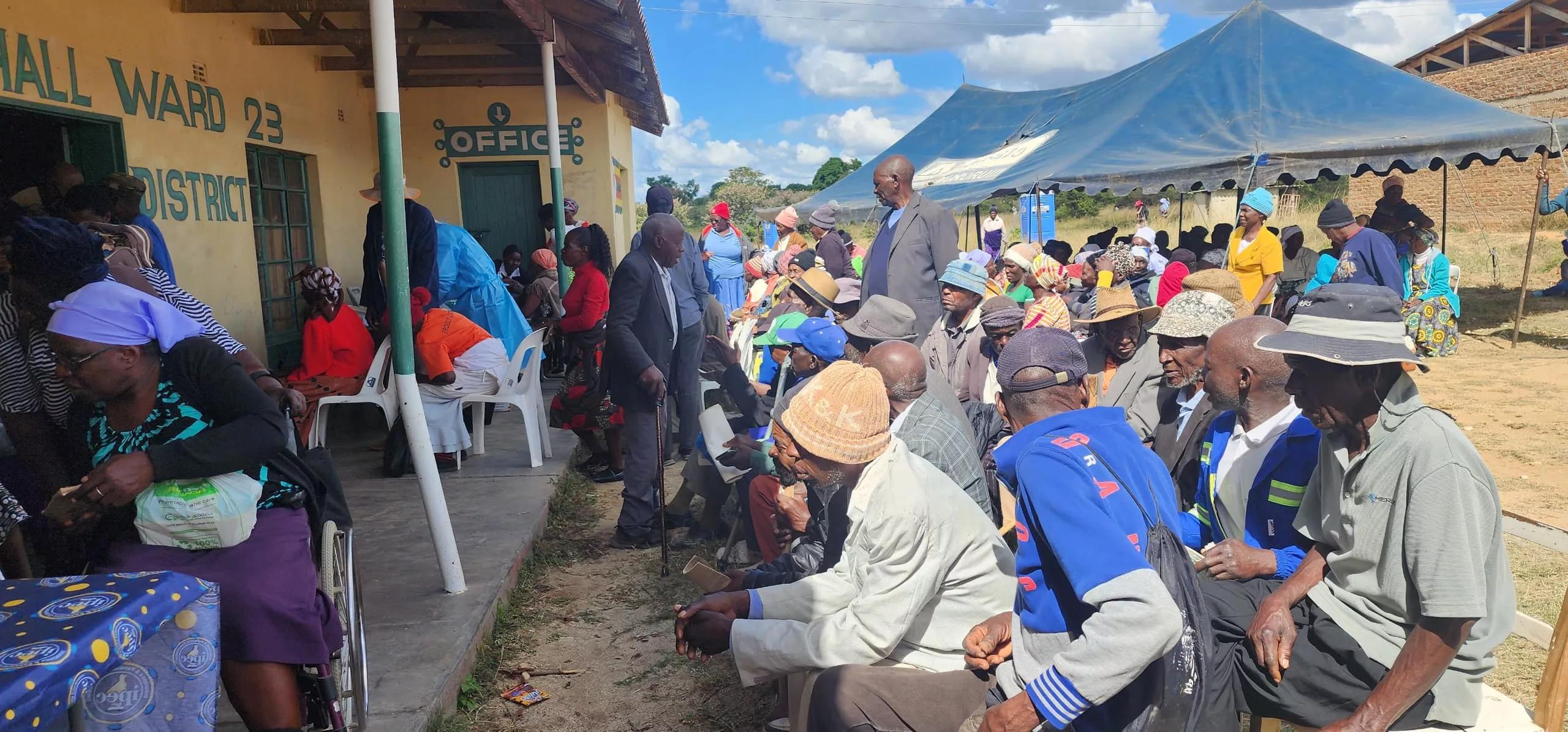|
Getting your Trinity Audio player ready...
|
By Joyce Mukucha
Globally, the numbers of people affected by mental health condition are staggering and in Zimbabwe, effective treatment coverage remains extremely low with the global Covid-19 pandemic exacerbating the situation.
This can be supported by World Bank(WB) which indicates that today, nearly one billion people live with a mental disorder and in low-income countries, more than 75 percent of people with the disorder do not receive treatment.
According to WB, mental health is one of the most neglected areas of health globally even before COVID-19, but the pandemic has further worsened the status of mental health and Zimbabwe is among the countries where depression is anticipated to put more burden on nations than any other disease.
Presenting on mental health, Covid-19 and HIV during a recent National AIDS Council media workshop which was held in Chinhoyi, Dr Lazarus Kajawu, a University of Zimbabwe lecturer in the Department of Psychiatry said due to Covid-19, the impact of mental illness will be felt in Zimbabwe and Africa in many years to come.
Dr Kajawu pointed out that in Zimbabwe, despite the fact that mental disorders were increasing, treatment services remain low and he also indicated that the illness is associated with stigma and discrimination.
Covid-19, he highlighted, has disrupted mental health services in the country stressing that there was an urgent need to invest in mental health as well as raising awareness to increase understanding and reduce stigma.
“Zimbabwe is already above 100,000 cases of Covid-19 and it is predicted that that 10-40% of Covid-19 cases(depending on the study) will develop long Covid. If it is not contained and the pace of transmission not slowed, the world, its healthcare systems, its economies and its people’s wellbeing, will eventually crumble under it.
“The situation brought by the pandemic has also worsened the mental health challenge our country is already facing. Due to Covid-19, there is severe lack of preventative mental health service, lagging policy changes and also a shortage of human resources,” said Dr Kajawu.
A multi-disciplinary approach, he added, was of paramount importance in dealing with mental health issues and the global Covid-19 pandemic.
“At present, there is no cure for the virus and there is need to help those who are suffering from depression when there is no immediate cure before they develop a mental health illness. We need to develop new methods of treatment or utilize what we already know. This can become a success when we approach intervention using a multi-disciplinary approach. Let me quote Mother Teresa who said, ‘You can do what I cannot do. I cannot do what you cannot do. Together we can do great things.’
“It is imperative to invest on all fronts for mental health awareness to increase understanding and reduce stigma; for efforts to increase access to quality mental health care and effective treatments; and for research to identify new treatments and improve existing treatments for all mental disorders,” added Dr Kajawu.
Dr Kajawu’s sentiment also interlink with WB which emphasise that investing in mental health makes good economic sense.
“The World Bank’s overriding strategy to help countries accelerate progress towards achieving Universal Health Coverage (UHC) includes both physical and mental health. In fact, mental health cannot be tackled in a silo because it is not just a health sector issue. Its impact percolates through every sector of a country’s economy.
“This means that it is strongly linked to the socio-economic agenda as well. Mental health programs have long been part of the World Bank’s development projects. This is continuing to be the case in our delivery of emergency assistance to countries battling COVID-19. In the first 100 days of the outbreak, the World Bank delivered projects in over 100 countries,” said WB.
In 2019, the World Health Organisation (WHO) also launched the WHO Special Initiative for Mental Health (2019-2023): Universal Health Coverage for Mental Health to ensure access to quality and affordable care for mental health conditions in 12 priority countries to 100 million more people.
It is estimated that over 160 million people need humanitarian assistance because of conflicts, natural disasters, and other emergencies with the rates of mental disorders expected to double during such crises and 1 in 5 people affected by conflict is estimated to have a mental health condition, according to WB.
According to the WHO, the COVID-19 pandemic has disrupted or, in some cases, halted critical mental health services in 93 percent of countries worldwide, while the demand for mental health is increasing.
“Given the chronic nature of the disease, this translates into a significant economic impact worldwide. Countries spend less than 2% of their health budgets on mental health. It is expected that in the next ten years, depression will put more burden on nations than any other disease,” said WHO.
Other studies indicated that every year, close to 3 million people die due to substance abuse. Every 40 seconds, a person dies by suicide. About 50% of mental health disorders start by the age of 14.
WB emphasised that scaling up efforts and speed in addressing mental illness were essential to achieving the Sustainable Development Goals of ensuring healthy lives and the well-being for all at all ages by 2030.
“Failure to do so, could have devastating socio-economic impacts. Investing in health reaps the benefits both within and outside of the health sector.”






